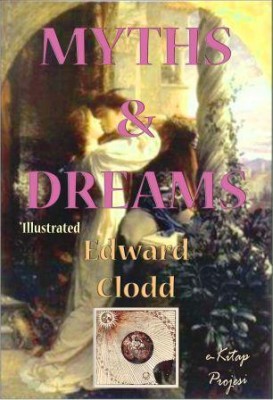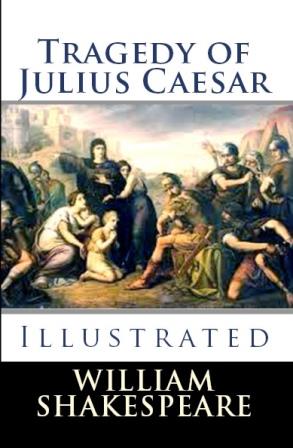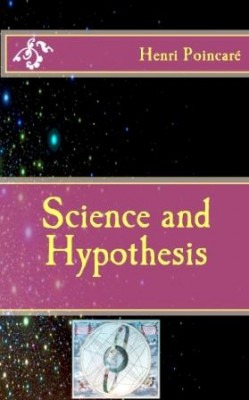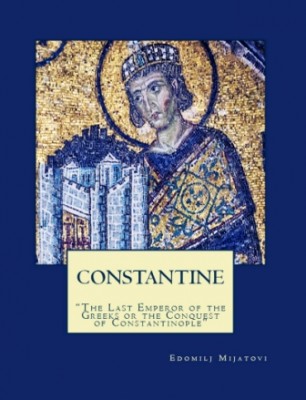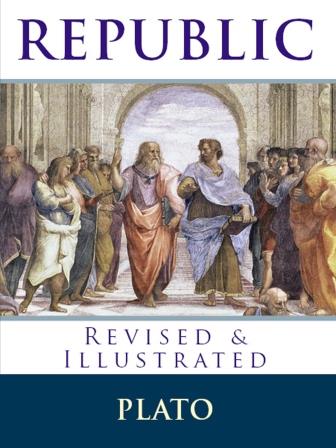More Search Results...

Myths and Dreams
The object of this book is to present in compendious form the evidence which myths and dreams supply as to primitive man’s interpretation of his own nature and of the external world, and more especially to indicate how such evidence carries within itself the history of the origin and growth of beliefs in the supernatural.
The examples are selected chiefly from barbaric races, as furnishing the nearest correspondences to the working of the mind in what may be called its “eocene” stage, but examples are also cited from civilised races, as witnessing to that continuity of ideas which is obscured by familiarity or ignored by prejudice.
Tragedy of Julius Caesar
The Tragedy of Julius Caesar is a tragedy by William Shakespeare, believed to have been written in 1599. It portrays the 44 BC conspiracy against the Roman dictator Julius Caesar, his assassination and the defeat of the conspirators at the Battle of Philippi. It is one of several plays written by Shakespeare based on true events from Roman history, which also include Coriolanus and Antony and Cleopatra.
Although the title is Julius Caesar, Julius Caesar is not the most visible character in its action; he appears in only five scenes. Marcus Brutus speaks more than four times as many lines, and the central psychological drama is his struggle between the conflicting demands of honor, patriotism, and friendship.
Science and Hypothesis
Philosophy of science is a branch of philosophy concerned with the foundations, methods, and implications of science. The central questions concern what counts as science, the reliability of scientific theories, and the purpose of science. This discipline overlaps with metaphysics, ontology and epistemology, for example, when it explores the relationship between science and truth. There is no consensus on many central problems in philosophy of science, including whether science can reveal the truth about unobservable things and whether scientific reasoning can be justified at all. In addition to these general questions about science as a whole, philosophers of science consider problems that apply to particular sciences such as biology or physics. Some philosophers of science also use contemporary results in science to reach conclusions about philosophy.
More info →Science in the Kitchen
The interest in scientific cookery, particularly in cookery as related to health, has manifestly increased in this country within the last decade as is evidenced by the success which has attended every intelligent effort for the establishment of schools for instruction in cookery in various parts of the United States. While those in charge of these schools have presented to their pupils excellent opportunities for the acquirement of dexterity in the preparation of toothsome and tempting viands, but little attention has been paid to the science of dietetics, or what might be termed the hygiene of cookery.
More info →Siddhartha: An Indian Tale
Siddhartha is a novel by Hermann Hesse that deals with the spiritual journey of self-discovery of a man named Siddhartha during the time of the Gautama Buddha. The book, Hesse's ninth novel (1922), was written in German, in a simple, lyrical style. It was published in the U.S. in 1951 and became influential during the 1960s. Hesse dedicated Siddhartha to his wife Ninon ("Meiner Frau Ninon gewidmet ") and supposedly afterwards to Romain Rolland and Wilhelm Gundert.
The word Siddhartha is made up of two words in the Sanskrit language, siddha (achieved) + artha (meaning or wealth), which together means "he who has found meaning (of existence)" or "he who has attained his goals". In fact, the Buddha's own name, before his renunciation, was Siddhartha Gautama, Prince of Kapilvastu, Nepal. In this book, the Buddha is referred to as "Gotama".
1000 Things Worth Knowing: “That All Who Read May Know”
This book contains more than one thousand facts, many of which are not generally known to the average person; but all of them are of interest to humankind, and a knowledge of many of them is essential.
The author has used the simplest English, and has avoided, as far as possible, all technical or scientific terms. He has endeavored not to fall into the common error of making his explanations harder to understand than the subjects treated.
This book is not intended for the scientist, nor does it claim to be exhaustive. In the space of a few hundred pages the writer has presented the thousand or more things which are really worth knowing, and which are usually described at unprofitable length and without that simplicity of expression so essential to clearness.
Evolution of Communism
The beginning story of the communism was like this:
A ghost walks in Europe - the ghost of communism. All the forces of old Europe entered into a sacred alliance to defeat this ghost: the Pope and the Tsar, Metternich and Guizot, French radicals and German police agents.
Where is the opposition party not being accused of being communist by its opponents? Where is the opposition, which has not thrown this blightful communism accusation back to its reactionary adversaries as well as to the more progressive opposition parties?
More info →Constantine (The Last Emperor of the Greeks or the Conquest of Constantinople)
The German Emperor Frederic III. in a letter written June 1453 to Pope Nicholas V., lamenting greatly the catastrophe on the Bosphonis, calls Constantinople "The capital of the Eastern Empire”, “the head of Greece, the home of arts and literature”
Indeed, from the time of Constantine the Great to the time when the dawn of Eenaissance aroused Italy to her noble task, Constantinople was the capital of Christian civilization. Its place in the history of the world has been always a most remarkable one, "Rome being the only city which can succesfully bear comparison with it".
More info →Love Is …
Everyone in life is gonna hurt you,
You just have to figure out which people are worth the pain.
- Erica Baican
She Walks In Beauty like the night (Lord Byron)
The Republic
The Republic is a Socratic dialogue written by Plato around 380 BC concerning the definition of justice and the order and character of the just city-state and the just man. The dramatic date of the dialogue has been much debated and though it must take place some time during the Peloponnesian War, "there would be jarring anachronisms if any of the candidate specific dates between 432 and 404 were assigned".
More info →

























